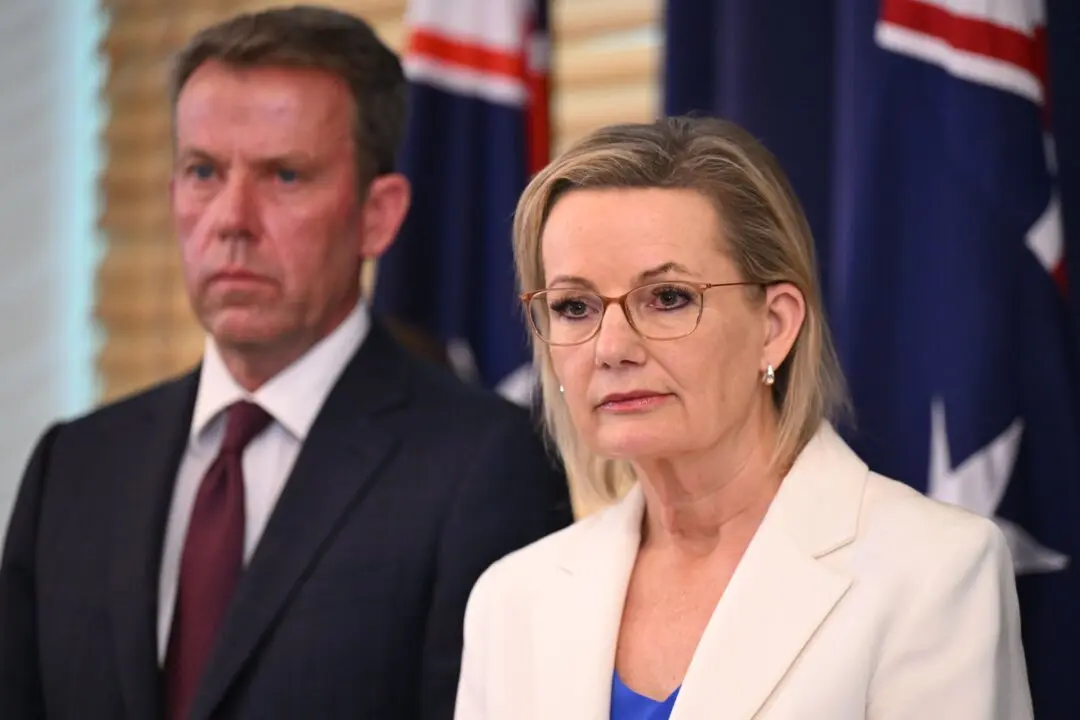Beijing has suspended imports from a tenth Australian meat abattoir, citing a recent COVID-19 outbreak that saw 140 individuals infected with the virus.
The abattoir in Naracoorte in South Australia is run by meat processing giant Teys, who received notification of the suspension on Jan. 29 from the General Administration of Customs of the People’s Republic of China.





